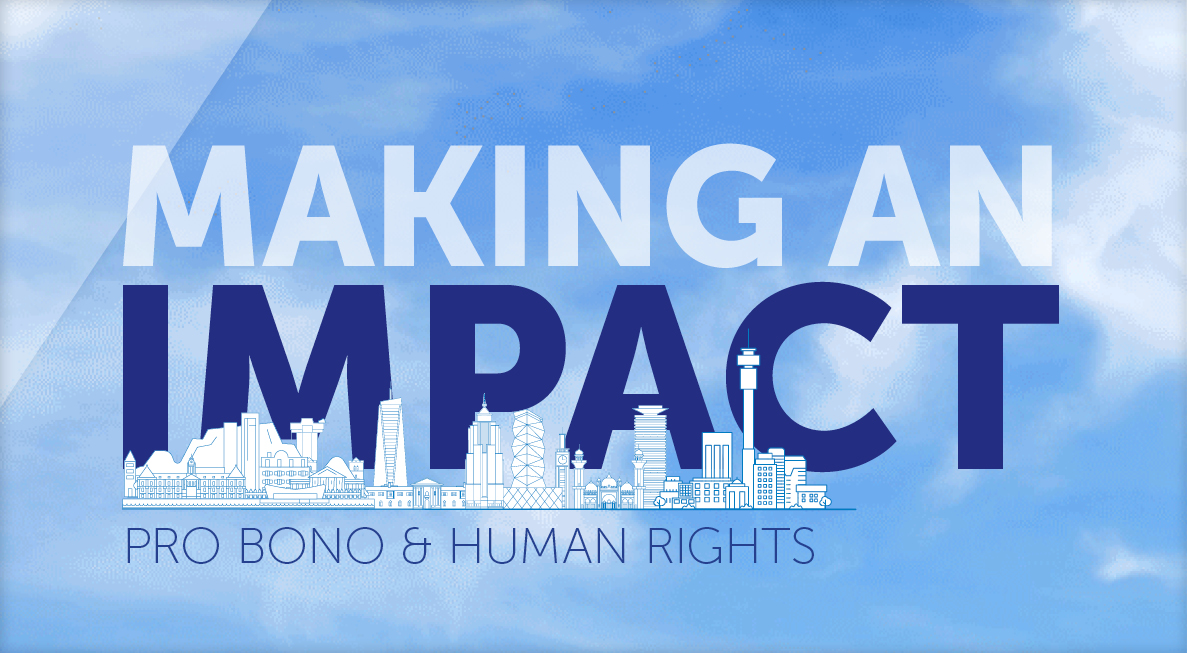Do sureties who bind themselves as co-principal debtors become co-debtors with the principal debtor and each other?
The facts before the High Court
In March 2003, Charter Life Insurance Ltd (now Liberty Active Ltd (Liberty Active)) concluded a broking agreement with ECE Financial Holdings (ECE). The Respondent, Mr Illman, along with seven other individuals had signed separate but identical deeds of suretyship in terms of which they bound themselves as sureties and co-principal debtors in solidum with ECE.
During March 2003 and March 2011, Liberty advanced commissions to ECE, prior to receiving any premiums in respect thereof. However, during the same period, the contracts in respect of which commissions were advanced lapsed, were cancelled or terminated, due to non-payment of premiums. The commissions accordingly became repayable in terms of the agreement, and by the sureties in terms of the deeds of suretyship.
Liberty Active ceded its rights to Liberty Group, who issued summons in March 2011 against the sureties and co-principal debtors. Summons was served and default judgment was obtained against one of the sureties, Mr September in January 2012. However, surprisingly summons was only successfully served on Mr Illman approximately five years later, in March 2016.
In defending the action Mr Illman raised a special plea claiming that the debt had prescribed. Liberty Group in turn delivered a replication in which it submitted that Mr Illman and Mr September became co-debtors when they bound themselves as sureties and co-principal debtors and as a result, service of the summons on Mr September within the prescription period had interrupted the running of prescription in favour of ECE and all co-debtors, which included Mr Illman.
Proceedings before the SCA
In deciding the issues before the SCA, namely (i) whether the court a quo correctly held that the effect of the surety agreement was not that the sureties become co-debtors and (ii) whether the service of summons on one surety does not interrupt the running of prescription in terms of the other, the court stated that:
- the legal position in relation to the first issue has been the established jurisprudence of the court, where it was emphasised in Kilroe-Daley v Barclays National Bank 1984 (4) SA 609 (A) that the surety’s liability was accessory to that of the principal debtor, despite it being based on a different contract;
- as was pointed out in Jans v Nedcor Bank Ltd [2003] (6) 646 (SCA), there were significant differences between the relationship existing between the principal debtor and surety on the one hand, and that between co-debtors, in solidum on the other. An interruption or delay in the running of prescription in favour of the principal debtor, interrupted or delayed the running of prescription in favour of the surety. As between co-debtors, the common law allowed the judicial interruption of prescription of a co-debtor by service on another co-debtor.
- the addition of the words “co-principal debtor” in a suretyship did not transform the contract into any contract other than one of suretyship. Consequently, if the principal debt became prescribed, the surety’s debt also became prescribed and ceased to exist.
The SCA also considered the case of Neon and Cold Cathode Illuminations (Pty) v Ephron 1978 (1) SA 463 (A), where it was held that the sole consequence of a surety binding himself as a co-principal debtor is that, as regards to the creditor, he renounces the benefits such as excussion and division available to him, and he becomes liable with the principal debtor jointly and severally. It did not make him
a co-debtor.
The SCA dismissed the appeal with costs and upheld the decision of the High Court.
This judgment is a reminder that all creditors with claims against sureties who bind themselves as co-principal debtors must, immediately upon the principal debtor defaulting on its payment obligations, issue and serve summons against all the sureties simultaneously, as far as practicable. This requires a reliable and up-to-date record of all sureties’ personal details such as their contact details, residential address and/or work address, in order to fast track the service of court process.
The information and material published on this website is provided for general purposes only and does not constitute legal advice. We make every effort to ensure that the content is updated regularly and to offer the most current and accurate information. Please consult one of our lawyers on any specific legal problem or matter. We accept no responsibility for any loss or damage, whether direct or consequential, which may arise from reliance on the information contained in these pages. Please refer to our full terms and conditions. Copyright © 2026 Cliffe Dekker Hofmeyr. All rights reserved. For permission to reproduce an article or publication, please contact us cliffedekkerhofmeyr@cdhlegal.com.
Subscribe
We support our clients’ strategic and operational needs by offering innovative, integrated and high quality thought leadership. To stay up to date on the latest legal developments that may potentially impact your business, subscribe to our alerts, seminar and webinar invitations.
Subscribe




